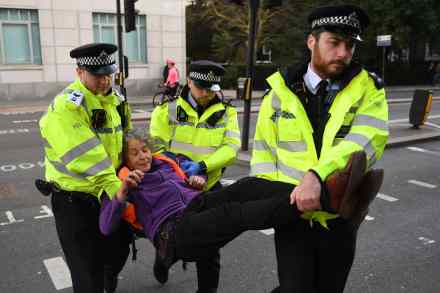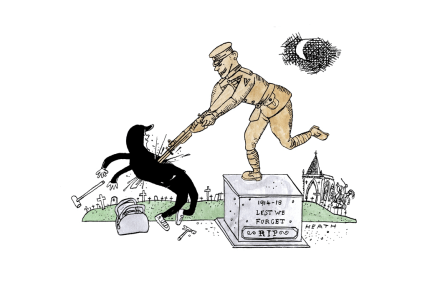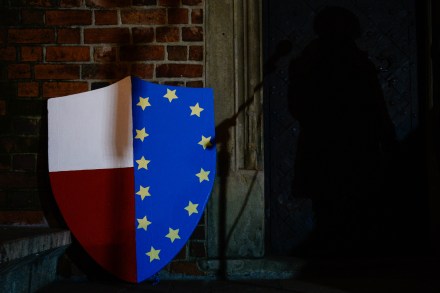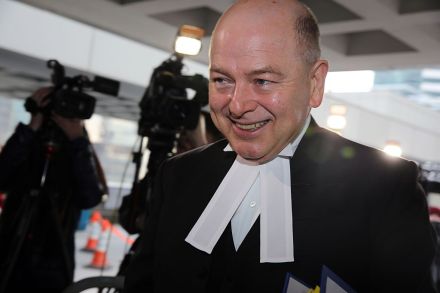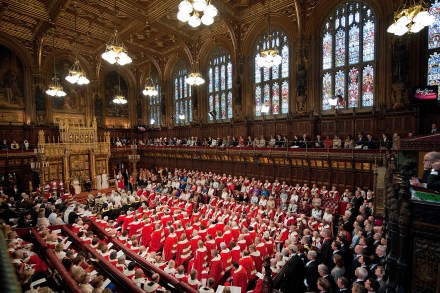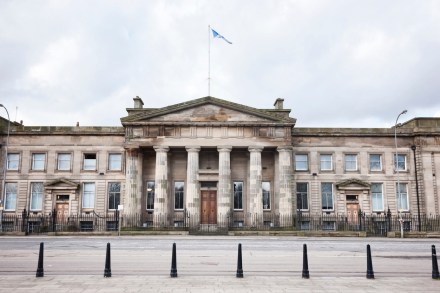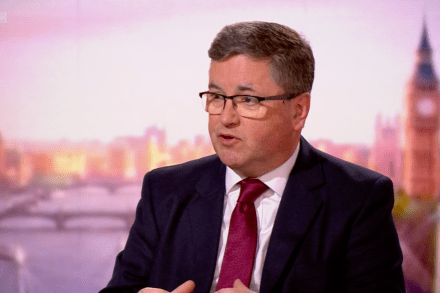America hits Iran’s nuclear sites
NewJust before 1 a.m GMT on Sunday morning, Donald Trump announced that the United States had bombed three nuclear sites in Iran: Fordow, Natanz, and Esfahan sites. It followed a tense 72 hours in which senior White House advisers became increasingly convinced that diplomatic channels had been exhausted, with military action the only available recourse to eliminate Iran’s nuclear programme. Following the attack, Trump declared: We have completed our very successful attack on the three Nuclear sites in Iran, including Fordow, Natanz, and Esfahan. All planes are now outside of Iran air space. A full payload of BOMBS was dropped on the primary site, Fordow. All planes are safely on





















